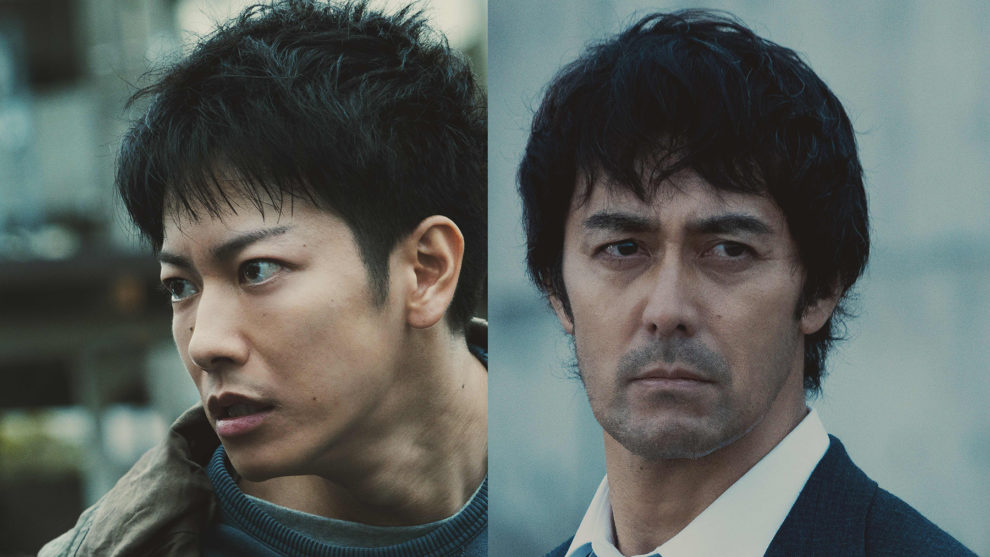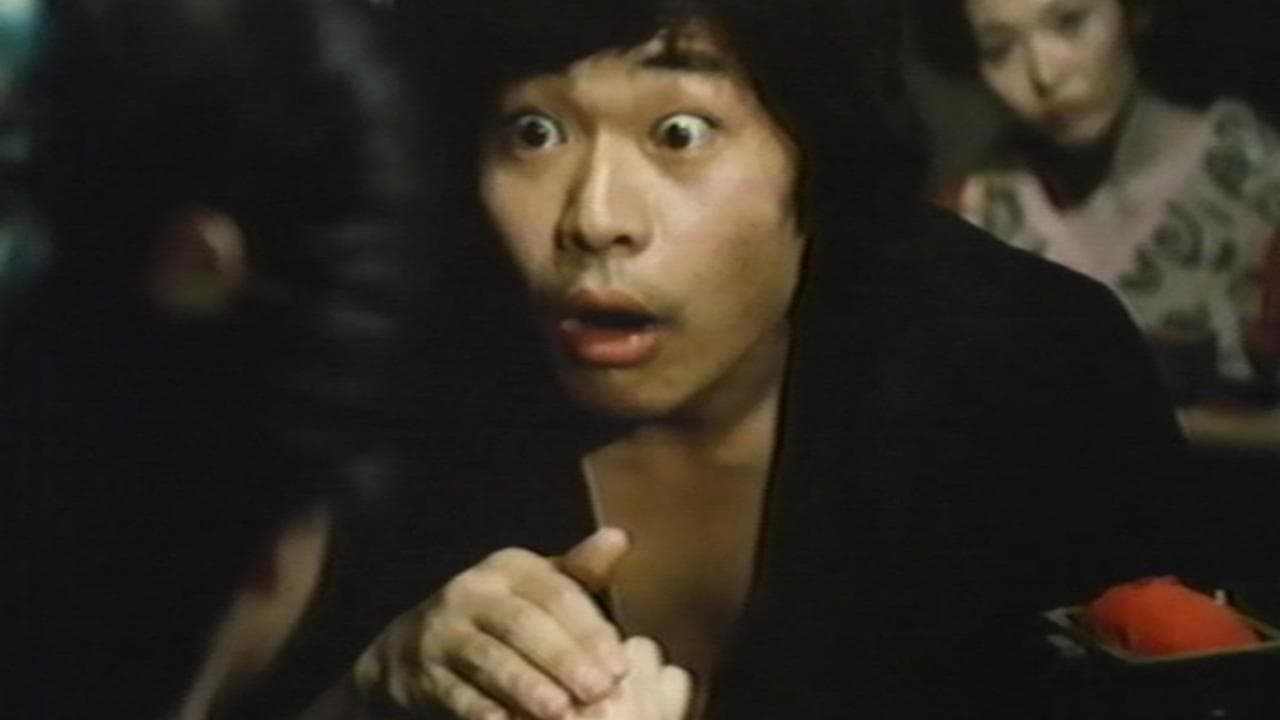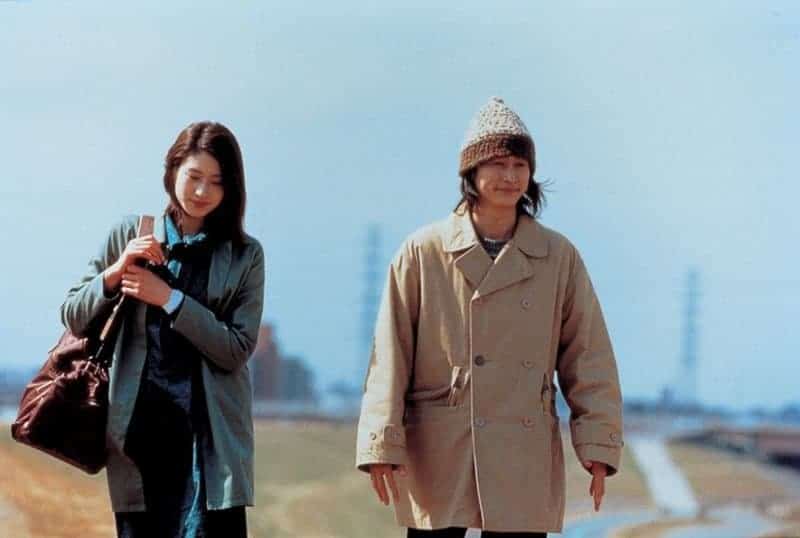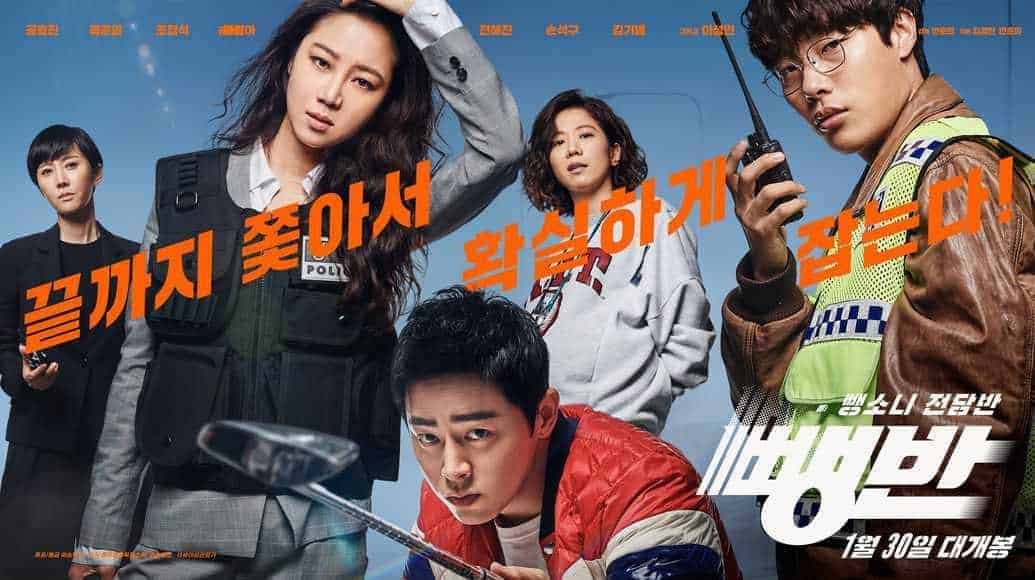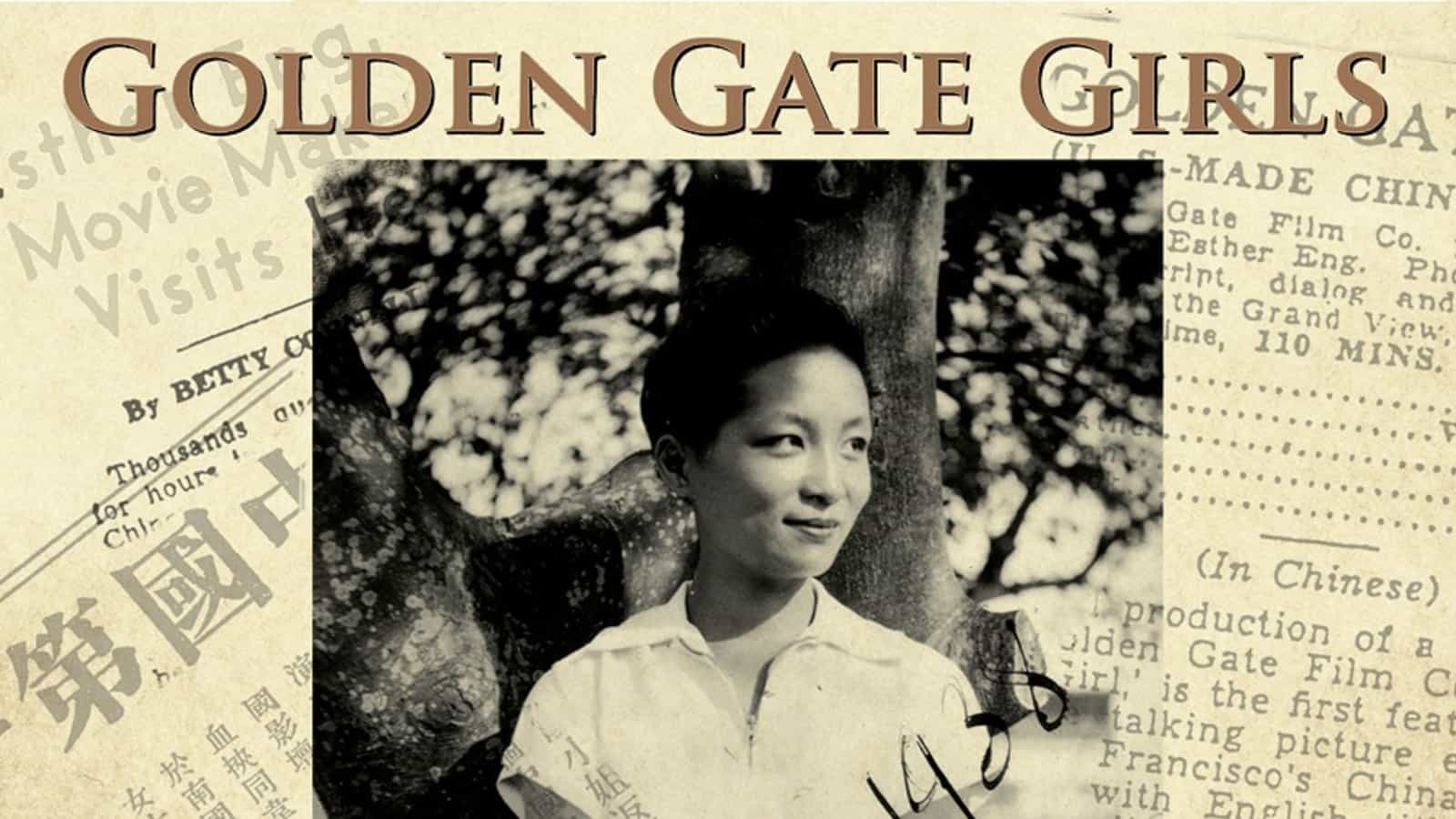As we mentioned many times before, Takahisa Zeze has moved as far away from his pinku film past as possible during the last years, with his latest works essentially being mainstream, at least in Japanese movie industry terms. As such, a film about the aftermath of the 2011, which have been releasing aplenty after a “healing” decade has passed, was bound to come from the veteran filmmaker, who, once more, does not disappoint.
“In the Wake” is screening at Toronto Japanese Film Festival

The story is based on Shichiri Narayama's novel “Mamorarenakatta Monotachi e”, begins in 2011, nine years after the 2011 Tohoku earthquake and tsunami, and focuses on two brutal murders of men working for Social Welfare, who were found tied up and starved to death. Prefectural investigator Tomashino, who has lost his family in the tsunami and carries the burden in the most evident way possible, works with young detective Hasuda to investigate the murders, eventually stumbling upon Tone, a young man who has just been released from prison for arson, as the main suspect. In the meantime, they also accompany another social worker, Maruyama, who is investigating welfare claims, frequently clashing with recipients, to the point that she does need some protection to do her job. Through flashbacks interspersed with the present timeline, the story also follows the protagonists just after the tsunami and particularly Tone's relationship with elderly Kei, which eventually emerges as rather crucial for what is happening in the present.
Takahisa Zeze directs a movie that starts as a ‘whodunnit', but eventually emerges as something completely different, with the context actually focusing on the handling of the disaster by Japanese welfare, and the intense problems that emerged considering the size of destruction and the number of claims. The overall approach on this secondary element is one of the movie's best assets, with Zeze highlighting the whole issue from every side. In that regard, he shows how people had to beg essentially from some money from welfare in order to survive after losing everything in the tsunami, the stigma of being supported by the State in a country where most people define themselves through their work, but also how many tried to receive the benefits despite the fact that they weren't or stopped being eligible after a point. Furthermore, the difficulties social workers faced with the amount of work that came their way and the investigation of the claims is also presented, along, though, with the fact that some of them exploited the need of people in order to get more money, or even decided, probably driven from the aforementioned racism, to exhaust the letter of the law on people who really needed the money and were declined.

In that fashion, it is also interesting as much as realistic, how Zeze shows that people from all parts of society suffered due to the disaster, with Tomashino and Tone highlighting this aspect quite eloquently. Furthermore, the latter's arc also serves on making another remark, on the difficulties people who have been imprisoned face after being released, and on yet another level, how family bonds can be shaped among non-blood related people during such circumstances.
This rather thorough approach is excellently combined with the crime thriller element, with the way Zeze gradually reveals what is really happening, through the flashbacks of what happened to the past, being rather masterful, and resulting in a story that retains interest from beginning to end. That essentially, to a point at least, the perpetrator is known and the film focuses on the why, in a typical approach of East Asian crime stories, also works nicely here, even if the twist becomes somewhat apparent after a point.
Unfortunately, and as usual, Zeze does not avoid the reef of extending the movie beyond its actual finishing point, and beyond the 120 minutes, since the finale lags once more in a Japanese movie, with the “necessary” scene by the beach being the most evident aspect of this issue.
Apart from this, however, the movie is on a rather high level in all of its aspects. Takeru Satoh as Tone and Hiroshi Abe as Tomashino give great performances, with their similarities (trauma) and their antitheses (one a policeman one a convicted criminal) being excellently portrayed, in two roles that could be perceived as the opposite results of depression. Also of note is the performance of Kaya Kiyohara as Maruyama, whose mysterious attitude is one of the main elements of the overall atmosphere here.
Atsuhiro Nabeshima's cinematography captures both the short and the long terms of the disaster in the area, while his occasionally noir-like approach works quite well for the crime aspect of the movie. Particularly some panoramic shots, and a number of night ones, are a true wonder to look at, in a film that manages to be quite beautiful, despite its dramatic premises. The editing results in a fitting pace, that is occasionally fast, occasionally slow, while the flashbacks are well placed, despite the fact that they demand unwavering attention by the viewer.
Despite the aforementioned issues, “In the Wake” is a rather good film that manages to highlight its social comments through a crime thriller approach, ending up being both contextually interesting and quite entertaining.


